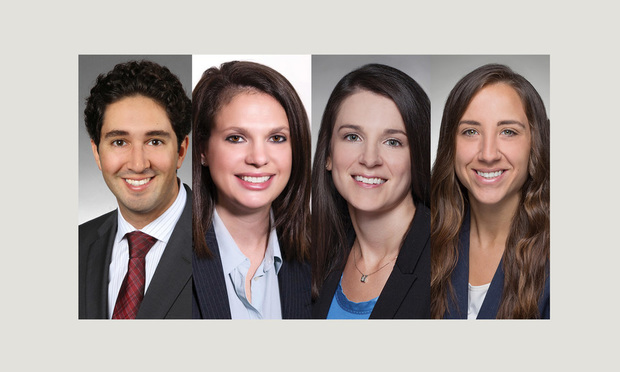On Oct. 29, to the surprise of many observers and in response to mounting public pressure and the recent groundswell of proposed and passed legislation at the state and federal level, the NCAA’s governing board voted unanimously to allow college athletes to be compensated for the use of their name, image, and likeness (NIL). The decision does not, however, renounce the NCAA’s commitment to amateurism; it permits in the abstract student-athletes “the opportunity to benefit from the use of their name, image and likeness in a manner consistent with the collegiate model.” This begs the question: how, exactly, will the NCAA effect real change without significantly altering the collegiate model? Punting in the immediate, the NCAA is continuing to gather feedback from stakeholders through April 2020. Only time will tell how (and if) the NCAA’s decision will translate into actual rule change. Creating even more uncertainty for Florida colleges and universities is the question of how pending state legislation might intersect, or conflict, with the NCAA’s anticipated new rules.
While institutions and student-athletes await further developments from the NCAA, state legislators continue to press ahead, proposing, and passing, legislation that tackles the issue of student-athlete compensation directly. Florida was one of the early states to propose such legislation, with bipartisan support for NIL compensation reflected in complementary bills proposed by state Reps. Kionne McGhee (D) and Chip LaMarca (R). The most significant difference between the two bills is the effective date: McGhee’s bill (HB 251) would be effective Jan. 1, 2023 to coincide with the implementation of California’s Fair Pay to Play Act (passed on Sept. 30, 2019) while LaMarca’s bill (HB 287) would be effective Jan. 1, 2020. Largely modeled after California’s passed legislation, Florida’s proposed bills regulate the actions of the various stakeholders impacted by NIL compensation, including student-athletes, higher education institutions, and athletic associations, conferences, and other groups or organizations with authority over intercollegiate athletics, including the NCAA. Unlike the California act and the bills proposed in some other states, both of the Florida bills apply to community colleges, with HB 251 also calling for the creation of a Community College Athlete Name, Image and Likeness Working Group to provide a report by 2021.


 Steven Appelbaum, Andrea P. Brockway, Amy L. Piccola, and Tricia M. Kazinetz, Saul Ewing Arnstein & Lehr,
Steven Appelbaum, Andrea P. Brockway, Amy L. Piccola, and Tricia M. Kazinetz, Saul Ewing Arnstein & Lehr,




